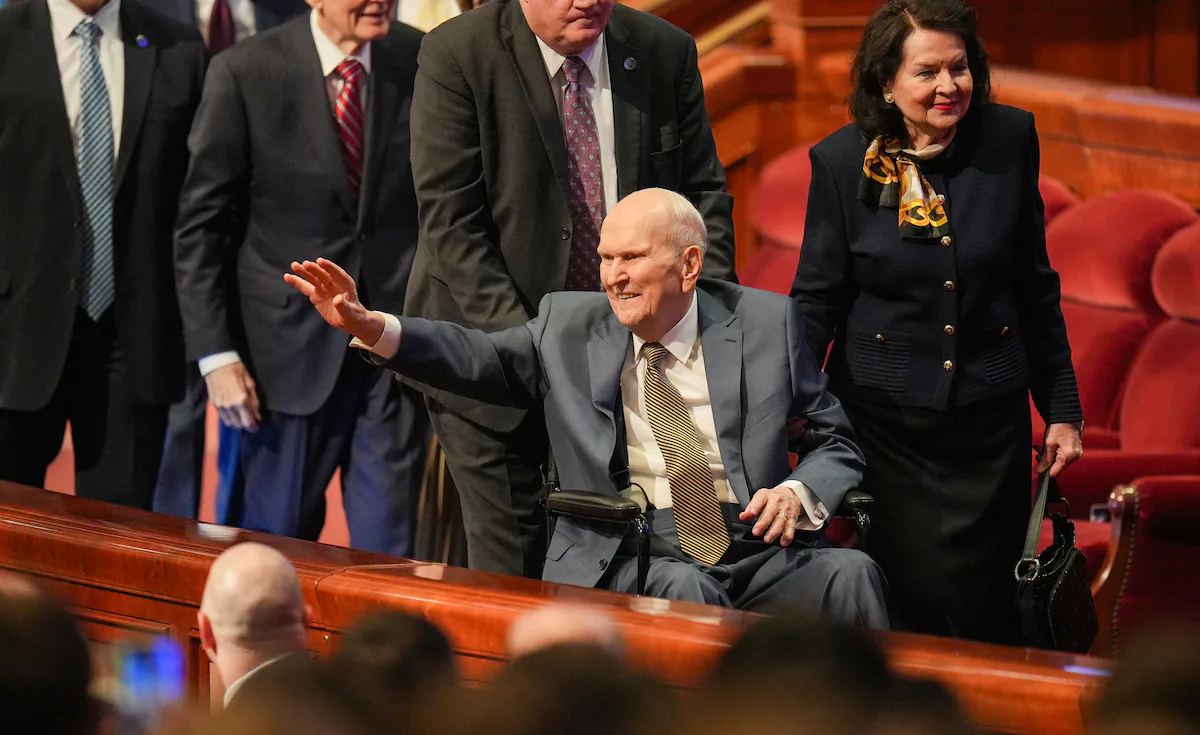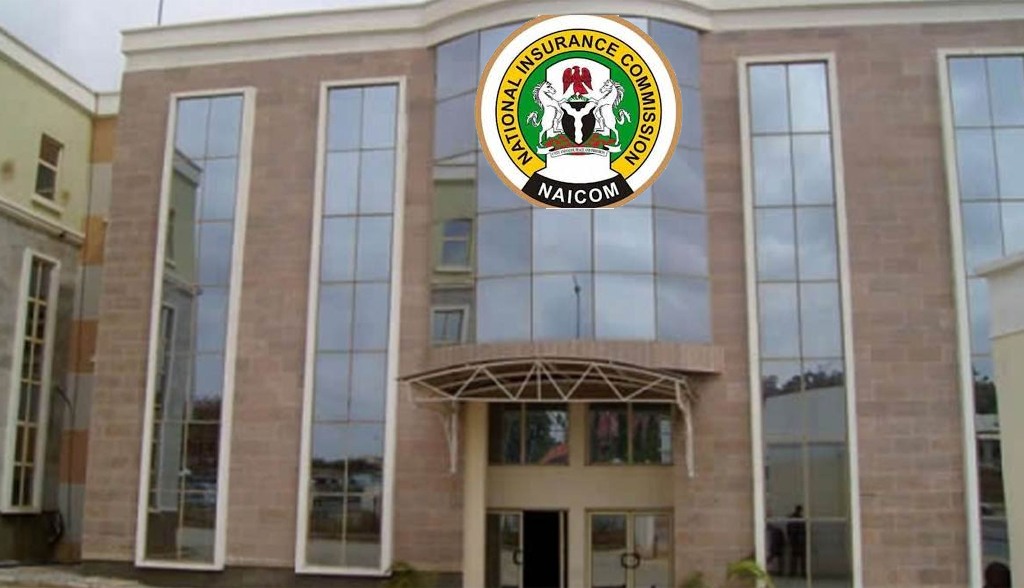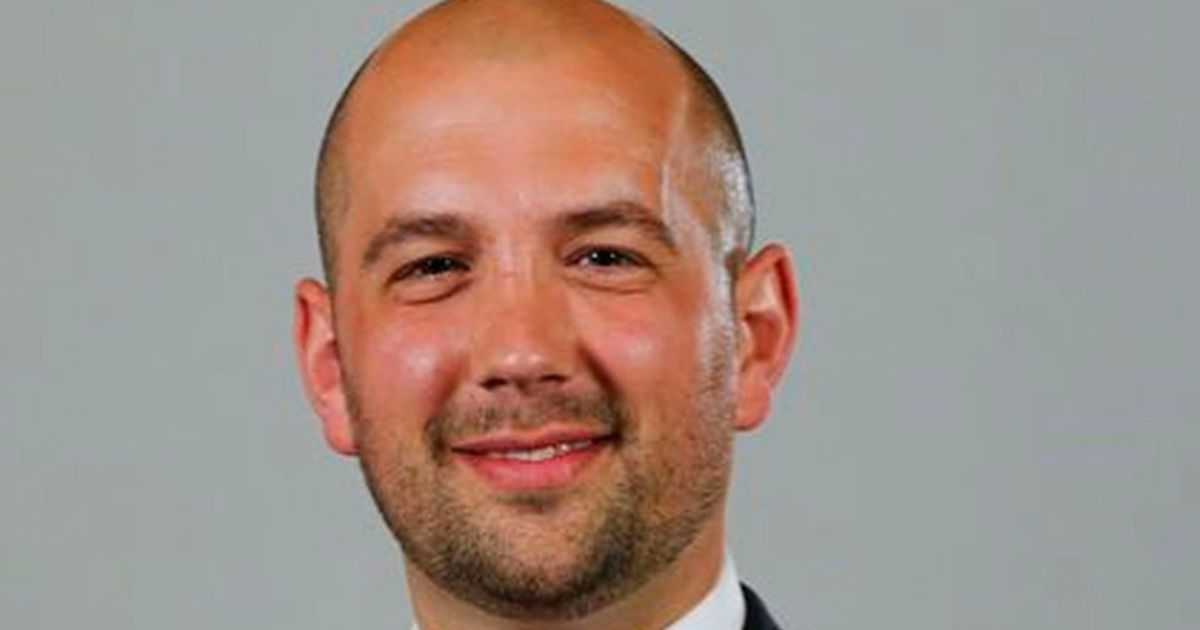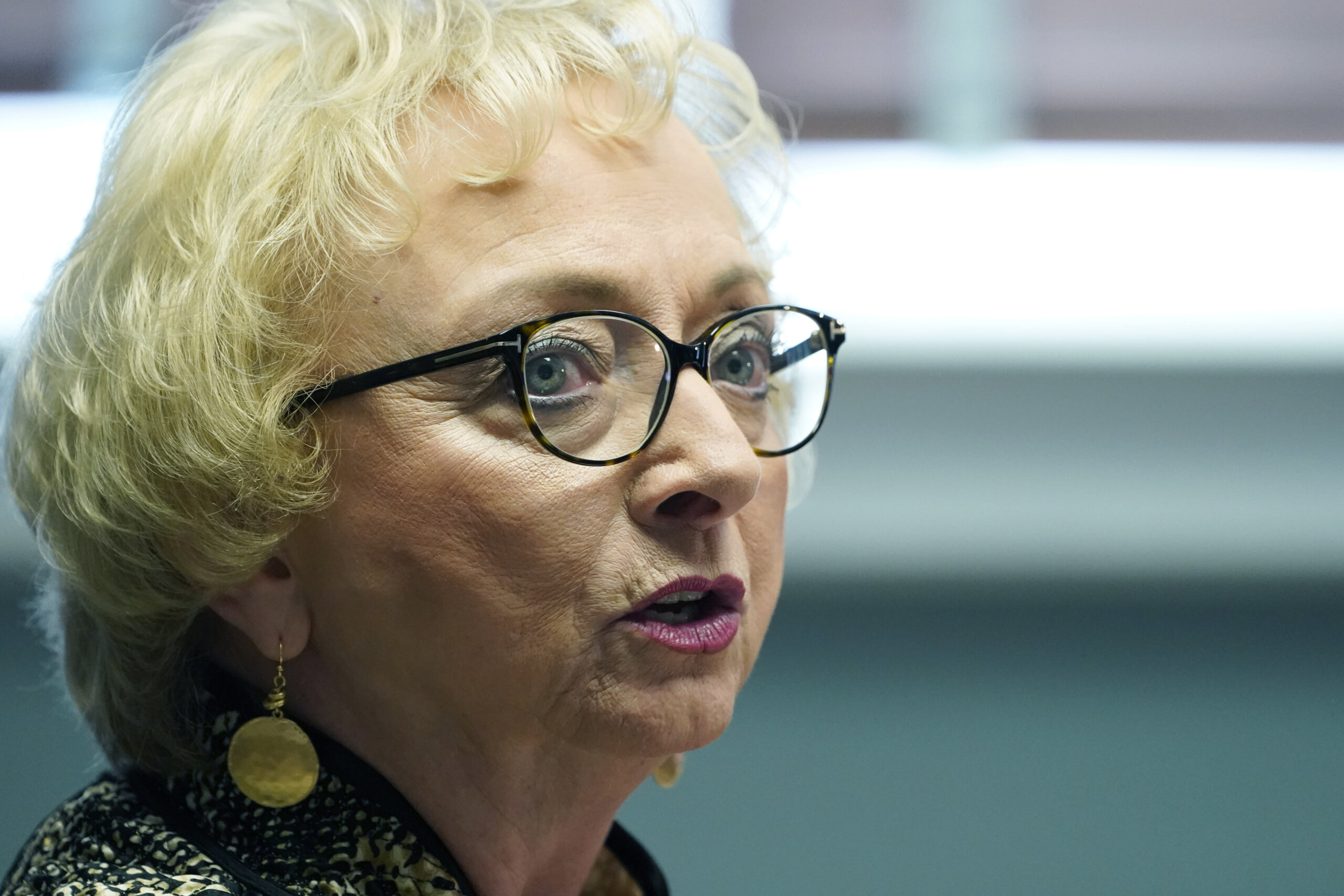
“Blessed are the peacemakers.”
— Matthew, 5:9
It is not necessary to be a member of The Church of Jesus Christ of Latter-day Saints, or even to know or care much about it, to be struck by the peacemaking words and work of its late president, Russell M. Nelson.
Nelson, the 17th president of the Utah-headquartered worldwide faith, died Saturday at age 101. His time in office was notable for his outreach to all, even leaders of other faiths, and his quiet, yet repeated, calls for all within the sound of his voice to reach out to others and show kindness and understanding.
In an age when political differences too often turn nasty, violent, even deadly, Nelson called for something different.
“Vulgarity, faultfinding and evil speaking of others are all too common,” Nelson told the faith’s General Conference in April 2023. “I am greatly concerned that so many people seem to believe that it is completely acceptable to condemn, malign and vilify anyone who does not agree with them.”
He urged his followers to take a different path.
“I urge you to choose to be a peacemaker,” he said, “now and always.”
Nelson’s outreach included, in 2019, the first meeting between a Latter-day Saint prophet and a Roman Catholic pontiff, Pope Francis.
“How fortunate the Catholic people are,” Nelson said at the time, “to have such a gracious, concerned, loving and capable leader.”
Nelson spoke out strongly against racial prejudice, against the victimization of immigrants and against gun violence.
In 2018, he concluded an agreement with the NAACP to work together on jobs and education. And in that same year, the church celebrated the 40th anniversary of the end of its racist exclusion of Black members from its temples and all-male priesthood.
Under Nelson’s leadership, the church elevated men who aren’t white or U.S.-born to high positions.
Women also saw expanded roles and greater responsibilities and respect from the church establishment. Church practices were altered to allow women and girls a greater role in temple ceremonies and explain how women can make their promises directly to God, as Latter-day Saint men always have, rather than see their husbands as intermediaries.
A controversial policy that had excluded the minor children of same-sex marriages from religious rites was reversed under Nelson, and the church supported federal legislation that codified same-sex marriage while protecting religious freedoms.
Before reaching the highest echelons of the church, Nelson had been a pioneering heart surgeon. His medical expertise served him, his church and his community well when he urged his followers to accept the newly developed vaccines against COVID-19. He made a point of being photographed receiving the jab himself.
In all of this, Nelson’s influence spread beyond the confines of his church. An institution as large and powerful as the church is in Utah cannot help but influence the culture that surrounds it.
All of Utah will be interested in, and influenced by, the path The Church of Jesus Christ of Latter-day Saints will follow under its new leadership. We may hope that Russell Nelson’s spirit of outreach, kindness and peacemaking will continue.



